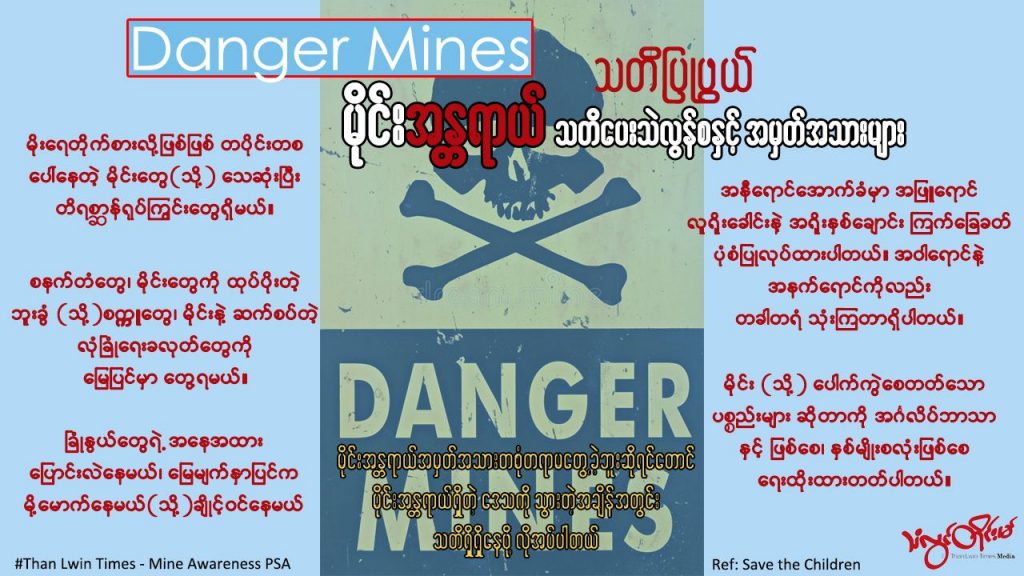It has been 75 years since Myanmar gained independence from British colonial rule and took over the country’s sovereignty on January 4.
After independence on January 4, 1948, a parliamentary democratic government with a Hluttaw was established, but in 1962, the military seized power.
Since then, Myanmar has been living as a military slave under military rule for many years, and
in 2010, with a multi-party democratic system, military officers ran for elections, and transformed into a civilian government.
The civil war that came along with independence reached a state of improvement with a ceasefire, but fighting resumed all over the nation after the military takeover in 2021 under the leadership of General Min Aung Hlaing.
Khu Daniel, the secretary 1 of the Karenni National Progressive Party (KNPP), which is an ethnic armed organization that is fighting with the military council, told Than Lwin Times that although Myanmar’s independence day is a day of loss of independence for the Karenni people, they will continue to move forward for building a federal state together with other ethnic groups.
Khu Daniel pointed out that every citizen is responsible for the emergence of expected federal union, and it is also important for all armed revolutionaries to cooperate with the public and work together in a strong and united manner.

Armed revolutionaries against the coup have been taking place in various parts of Myanmar for almost two years, and over 1.1 million civilians have become homeless or refugees as a result of the conflict, according to the UN’s latest report.
Comrade Salai Yaw Aung, a member of the Central Steering Committee of the All Burma Students Democratic Front (ABSDF), said that the 2021 coup fueled the civil war, so the most important thing now is the fall of the military dictatorship.
According to data released late last year by the research organization ISP-Myanmar, Myanmar has experienced civil wars from 1948 to 2022, making it one of the five nations with the longest armed conflict.
In his Independence Day speech, General Min Aung Hlaing, said that the Military Council is firmly implementing these two political goals for strengthening a genuine and disciplined multi-party democratic system and building a union based on democracy and federalism.
According to data released by the Assistance Association for Political Prisoners (AAPP), nearly 2,700 anti-regime civilians were killed and over 16,800 were imprisoned during the nearly two-year military coup.
U Nay Phone Latt, the spokesperson of National Unity Government (NUG) Prime Minister’s Office, said that in order to achieve the second independence, the military leaders’ threat with weapons and the system of control and influence over the public must be completely eliminated.
On the other hand, there has been fierce fighting in Kyainseikgyi, Karen State, between the junta army and the joint force of the KNLA and PDFs.
According to ISP-Myanmar, there have been about 8,000 conflicts in the country since the coup until mid-November of last year, with more than 4,540 clashes involving the junta army and the Ethnic Armed Forces (EAOs) and more than 2,260 between the regime forces and PDFs.
News-Than Lwin Times

